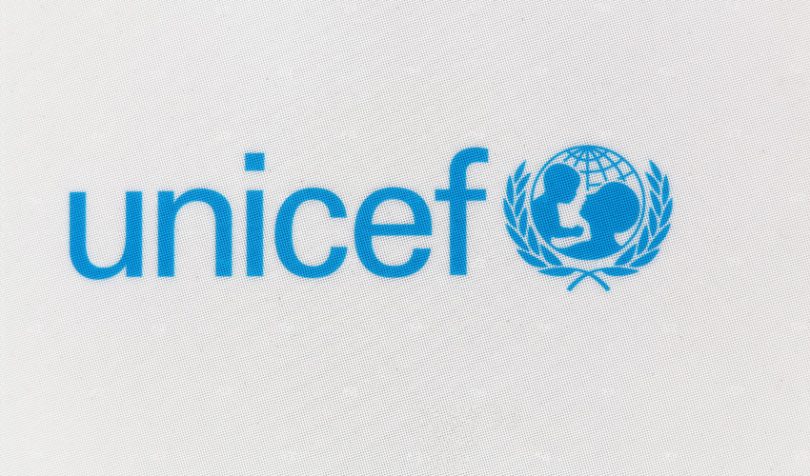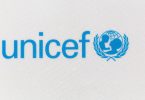The UNICEF Innovation Fund has chosen to
invest $100 000 in six blockchain start-ups. The charity hopes the companies can deliver open-source prototypes of blockchain applications within 12-months.
UNICEF selected the six from over 100 applications, and they will join the 20 technology start-ups that are already under the Fund’s management.
Here’s what each of them is focusing on:
Article continues …
Want the full story? Pro subscribers get complete articles, exclusive industry analysis, and early access to legislative updates that keep you ahead of the competition. Join the professionals who are choosing deeper insights over surface level news.






